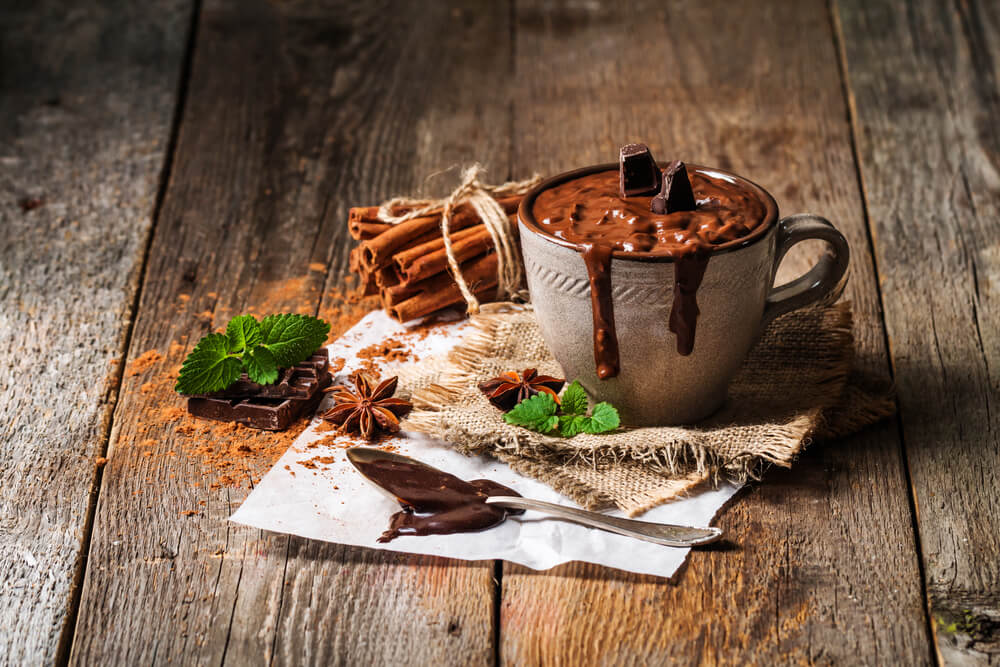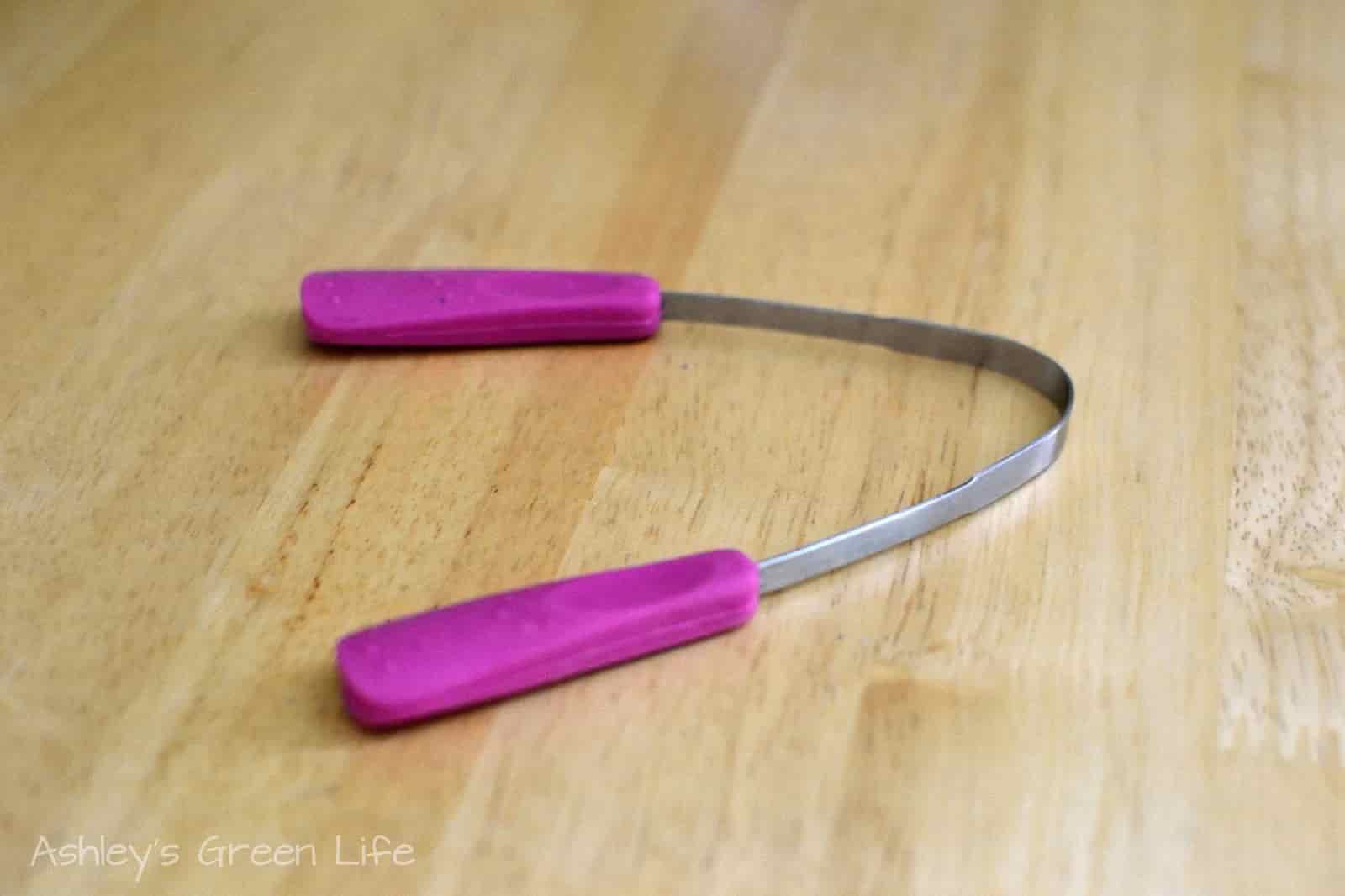Over the years we have been inundated with images and news stories touting merits of latest diet. No carbs, low fat, paleo, raw, South Beach; the list goes on and on.
As a society, we are preoccupied with what we consume but very rarely do we consider how we consume our food. From the Ayurvedic perspective, how you take in nourishment is equally if not more important than what you ingest.
Before I lay out a list of tips and guidelines for happy/health digestion and assimilation, know that I am not giving you permission to binge at McDonald's or devour a pint of Ben and Jerry's in a single sitting (though Ayurveda is all about the middle path). However, by cultivating a ritual of mindfulness and awareness, the question of what to eat will naturally fall into place as you begin to tune in to the body's intuitive wisdom.
Conscious eating.
Give thanks and appreciation for your food. Be mindful of the fact that you’re consciously staying away from the worst foods for your teeth, digestion, and bodily processes, and that you are instead nurturing your body and soul with truly healthy nutrition. Perhaps think about each item on your plate; imagine the remarkable journey the ingredients made to find their way onto the table. Take a few moments to absorb the colors, textures, and aromas, making this a full sensory experience. Explore the complexity of the flavors as you chew up to 32 times per bite, the more you chew the less work for your digestive system.
Keep your attention focused on your meal.
When eating, just eat. There's a common phrase in yoga that states "where the attention goes, prana flows." If one is driving or watching TV while munching, then the attention is going outward to the sensory input, and thus the energy is not going towards the process of digestion. It thereby leaves the body in a poor state to properly break down said snacks.
Make your largest meal during the middle of the day, ideally between 12-2PM when the digestive fire (agni) is at its strongest.
In Ayurveda, the clock is broken down into 4-hour blocks which are ruled by the different doshas. From 10AM-2PM Pitta, comprised of fire and water, is in charge. Pitta governs digestion/transformation and is responsible for the secretion of digestive enzymes and acids. Ayurveda sees the body as a microcosm of the macrocosm, meaning that everything that happens in nature so too happens in our own body. Thus, when the sun is at its peak our body mimics nature and our agni is roaring to go. By making lunch our largest meal, the body has time to break down the food and burn the fuel as energy. If we consume our largest meal at night the body will not have ample time to digest and will end up generating stickiness and heaviness throughout the body, ultimately creating undigested material and building up toxins or ama. Remember, you don't need a ton of energy at night, you are just going to lay down for 8 hours. Ideally, dinner would be light (the word supper is derived from supplement, or "supplemental meal"), such as a bowl of soup or some steamed veggies and a grain.
Take some time to lie on your left side after your meal to gently aid in the digestive process, 15-20 minutes should do the trick.
This practice allows the digestive juices to pool over to the left side of the stomach creating more ease for the system. you'll know you've lounged for an adequate amount of time when you rise feeling refreshed and alert. In addition, studies have found that lying on the left side after a meal greatly reduces the symptoms of heartburn. Practice mindfully placing your utensil down between each bite. This will help you to slow down.
Reduce the amount of liquid you take in during the meal so as not to hinder your digestive fire.
Rather, take small sips of tepid water throughout the meal. Avoid iced beverages immediately after a meal, favoring instead hot water with lemon, soups or tea.
Honor the burp.
If one is eating slowly and mindfully, after the appropriate amount of food and liquid has been consumed, the body will produce a signal that it is full. This signal manifests as a tiny, often inaudible, burp that tickles its way up the throat. When the burp occurs, the perfect amount of food has been consumed and the diner will leave the meal feeling full, but not sluggish or overstuffed like a Macy's Thanksgiving Day balloon. As my teacher loves to say, once you feel the burp, "fork down, game over".
Aid your digestion by going for a gentle walk in nature. Keep good company.
The conversations we surround ourselves with while dining can impact the digestion and assimilation of our meal. If we are eating in a tense, negative environment, this can build up as a toxic sludge. Rather, surround yourself with positive, loving company, your stomach and your spirit will thank you.
Writer Lauren Sauer is a graduate from the Kripalu School of Ayurveda and a certified 500 hour Kripalu Ayurvedic Yoga Teacher. As an Ayurvedic Health Counselor, she is passionate about educating others to become their own health advocate, to live with the rhythms of nature and to simply slow down and breathe. She currently resides in the beautiful Berkshires as the intern with the Kripalu School of Ayurveda.
For educational purposes only. This information has not been evaluated by the Food and Drug Administration. This information is not intended to diagnose, treat, cure, or prevent any disease, or to sell any product.
Recommended Products
Further Reading














